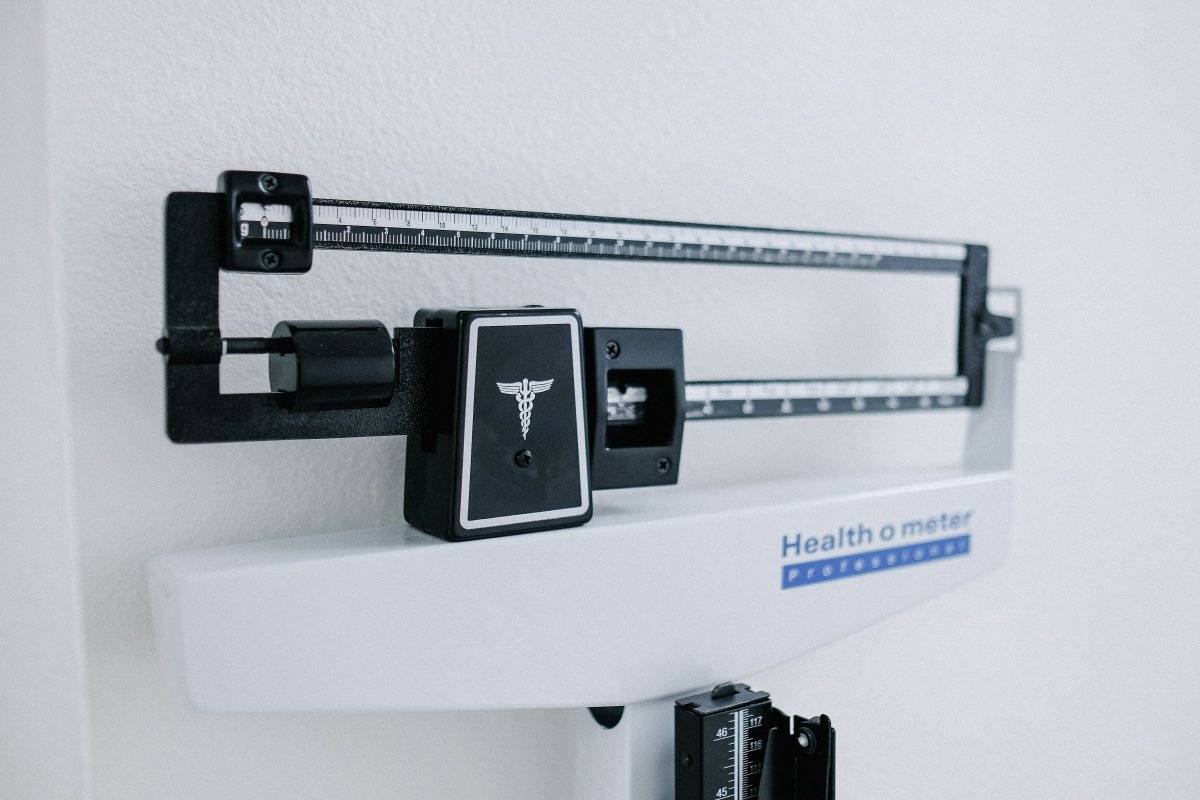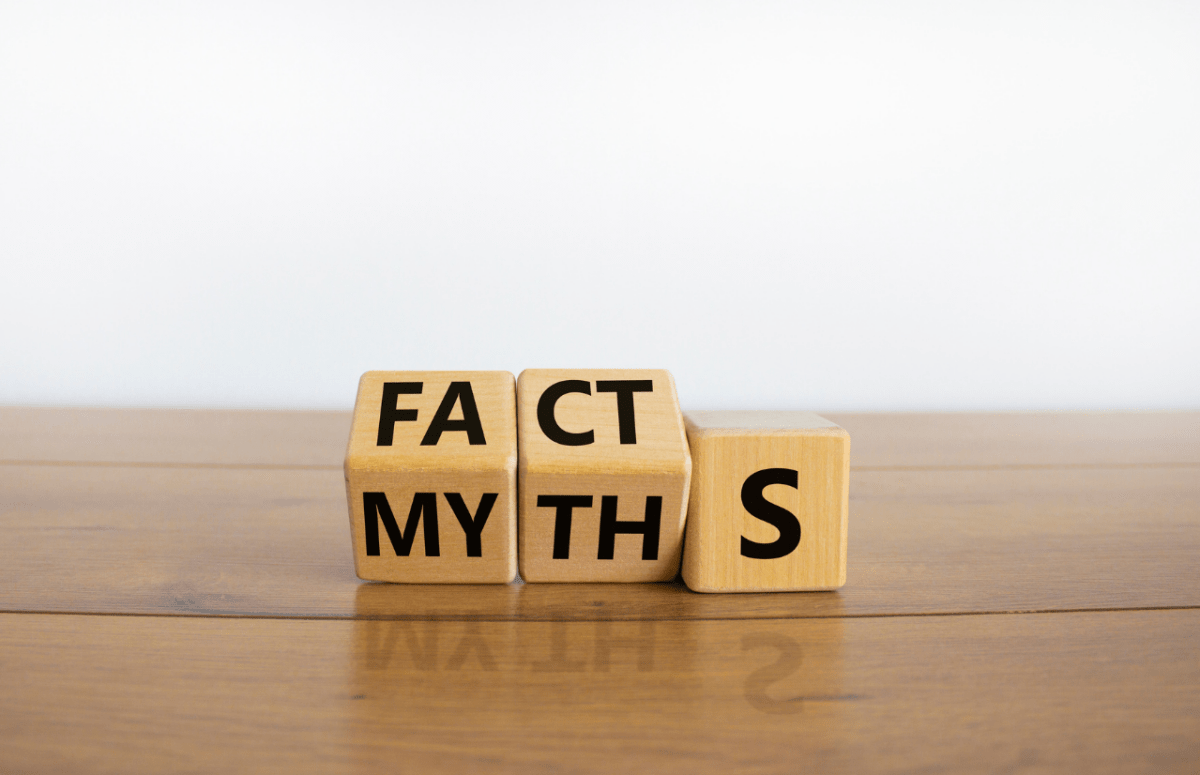Ask five people how much water you should drink each day, and you’ll likely get five different answers.
Each day, the average person loses about 2.5 litres of water through breathing, sweating, urinating, and bowel movements. To stay properly hydrated, this water loss needs to be replaced.
Our bodies naturally produce about 0.3 litres of water each day through normal metabolic processes. This means we need to take in around 2.2 litres from food and drinks. Since food typically provides about 0.7 litres, we should aim to get around 1.5 litres of fluids from beverages daily.
(Source: [LibreTexts – Water Balance in the Body)
Why Weight Loss Treatments Can Affect Hydration
When taking weight loss medication, your risk of dehydration can increase. There are two main reasons for this:
-
You may eat less food, which also means taking in less water through your meals.
-
These treatments can sometimes reduce your appetite and thirst, leading you to drink less than usual.
Studies on humans and animals have shown that people taking certain weight loss medications tend to drink less. Researchers believe this may be because eating and drinking are closely linked behaviours.
In one experiment, rats were given weight loss medication and offered either food and water, or only water. Scientists found that both groups drank less water, suggesting that the medication itself reduced thirst.
(Source: National Library of Medicine)
For humans, this means that if you are on a weight loss treatment, you might eat and drink less than before. Because of this, it’s important to make a conscious effort to drink more water, even if you don’t feel thirsty.
Signs and Risks of Dehydration
Not getting enough water can lead to several symptoms, including:
-
Thirst, dry mouth, dry lips, or bad breath
-
Lightheadedness, weakness, or muscle cramps
-
Nausea or vomiting
-
Less frequent or darker urine
In more severe cases, dehydration can cause irritability, a rapid heartbeat, faster breathing, and sunken, dry eyes.
Dehydration also increases the risk of constipation, so it’s important to monitor both your water and fibre intake.
(Source: NHS – Dehydration)
Many people also experience nausea when starting weight loss treatments, and dehydration can make this worse.
(Source: Dispatch Health – Dehydration and Nausea)
Practical Hydration Strategies
If you’re managing nausea or a reduced appetite while on a weight loss treatment, here are a few simple strategies to stay hydrated:
1. Set Gentle Hydration Goals
-
Aim for small, steady sips throughout the day instead of large gulps.
-
A good target: ½ cup (about 120 mL) every 30–60 minutes while awake.
-
Check your urine colour: light yellow means you’re well hydrated.
2. Make Fluids Easier to Tolerate
If you struggle with nausea, cold, flavoured, or slightly salty fluids can be easier to drink:
-
Water infused with lemon, cucumber, or mint
-
Low-sugar electrolyte drinks (like Pedialyte, LMNT, or homemade rehydration solutions)
-
Herbal teas such as ginger, peppermint, or chamomile
-
Clear broths or miso soup — especially helpful if you’re eating less solid food
The Bottom Line
When taking weight loss medication, it’s easy to drink less without realising it. Staying mindful of your hydration can prevent fatigue, dizziness, constipation, and nausea. Small, regular sips of fluids throughout the day can make a big difference in how you feel.
References
LibreTexts. (n.d.). Water balance in the body. In An introduction to human nutrition (Shanle and Dowell). Lincoln Land Community College. Retrieved from https://med.libretexts.org/Courses/Lincoln_Land_Community_College/An_Introduction_to_Human_Nutrition_(Shanle_and_Dowell)/09%3A_Hydration/9.03%3A_Water_Balance_in_the_Body
Rüttimann, E. B., Arnold, M., Hillebrand, J. J. G., Geary, N., & Langhans, W. (2009). Intrameal hepatic portal and intraperitoneal infusions of glucagon-like peptide-1 (7–36) amide inhibit eating in rats. American Journal of Physiology-Regulatory, Integrative and Comparative Physiology, 297(2), R476–R485. https://doi.org/10.1152/ajpregu.91062.2008
(Referenced via National Library of Medicine)
NHS. (n.d.). Dehydration. National Health Service (UK). Retrieved from https://www.nhs.uk/conditions/dehydration/
DispatchHealth. (n.d.). Learn how dehydration causes nausea. Retrieved from https://www.dispatchhealth.com/qa/learn-how-dehydration-causes-nausea/





Partager:
Winter Gut Health: How to Support Your Digestion and Immunity Through the Colder Months